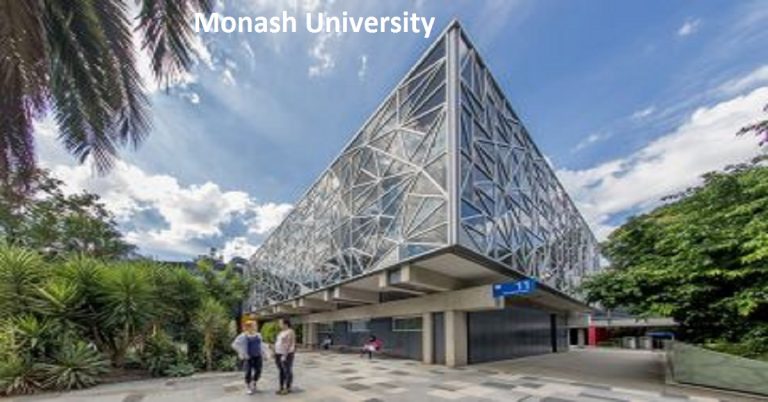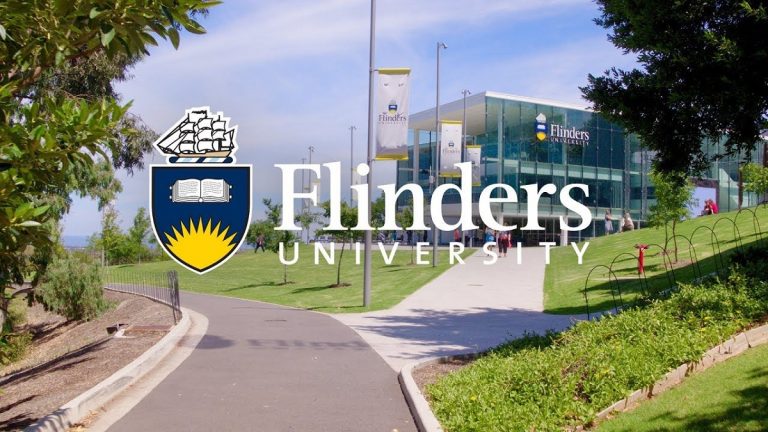
A position as a PhD Research Fellow in Microbiology/Biotechnology is available at the Department of Biosciences in the group of Prof. Dirk Linke.
The fellowship period is 3 years and devoted to carrying out a project entitled “developing multi-species biofilm models for biotechnology applications”.
The position is contingent on approval of the project financing plan. The project start date is ideally in August or September 2022.
Note that no one can be appointed for more than one PhD Research Fellowship period at the University of Oslo.
The PhD candidate will develop bacterial biofilm models with single or multiple bacterial species under aerobic and anaerobic conditions. These model biofilms will be used to test medical implants and other medically relevant surfaces. Spe-cifically, implant surface modifications and implant cleaning methods will be checked for their ability to impede biofilm growth.
The work is co-financed by a company interested in dental implants and implant debridement. The position thus offers the opportunity to work in an academic setting but in close collaboration with a commercial partner.
Methods will include microbial growth of pathogenic bacteria on surfaces under different growth conditions, including the use of fermentation equipment and an-aerobic chambers. Analytical methods will include (but are not restricted to) light microscopy/FISH, molecular biology (qPCR), and possibly next-generation se-quencing techniques.
The working language in the lab is English.
Qualification requirements
The Faculty of Mathematics and Natural Sciences has a strategic ambition to be among Europe’s leading communities for research, education and innovation. Candidates for these fellowships will be selected in accordance with this, and expected to be in the upper segment of their class with respect to academic credentials.
Candidates must have
- A Master’s degree or equivalent in Microbiology, Biotechnology, Molecular Biology or related fields
- Documented experience in at least one of the following areas: microbial growth of non-model bacterial species (ideally in biofilms, or under anaero-bic conditions), microbial fermentation with automated systems (bioreac-tors), or molecular biology analysis relevant to microbial communities (qPCR and/or FISH).
- Fluent oral and written communication skills in English are required.
In addition, it is an advantage if candidates have
- A good theoretical understanding of bacterial metabolism and microbial growth
- Documented experience with light/fluorescence microscopy including stain-ing techniques
- Documented experience with quantitative biochemical assays (for enzy-matic functions or quantification of biofilms, carbohydrates, or other bio-molecules)
Grade requirements:
The norm is as follows:
- the average grade point for courses included in the Bachelor’s degree must be C or better in the Norwegian educational system
- the average grade point for courses included in the Master’s degree must be B or better in the Norwegian educational system
- the Master’s thesis must have the grade B or better in the Norwegian educational system
- A foreign completed degree (M.Sc. level) must correspond to a minimum of four years in the Norwegian educational system
- Please read here for details on English requirements for applicants from outside of EU/ EEA countries and exemptions from the requirements: http://www.mn.uio.no/english/research/phd/application/application.html
The purpose of the fellowship is research training leading to the successful completion of a PhD degree.
The fellowship requires admission to the PhD programme at the Faculty of Mathematics and Natural Sciences. The application to the PhD programme must be submitted to the department no later than two months after taking up the position. For more information see:
http://www.uio.no/english/research/phd/ and http://www.mn.uio.no/english/research/phd/
Personal skills
We are an international team of researchers from very different scientific and cultural backgrounds. Our colleagues should have
• Good language and communication skills
• The ability to work in interdisciplinary teams
• The ability to work independently on complex projects (from planning and execution to results presentation)
• The ability to work with non-standard scientific equipment (including setup, testing, and potentially smaller modifications or repairs)
• Personal suitability and motivation for the position
We offer
- Salary NOK 491 200 – 534 400 per annum depending on qualifications and seniority as PhD Research Fellow (position code 1017)
- Attractive welfare benefits and a generous pension agreement
- Vibrant international academic environment
- Career development programmes
- Oslo’s family-friendly surroundings with their rich opportunities for culture and outdoor activities
How to apply
The application must include:
- Cover letter – including a brief statement of motivation and research interests. The cover letter must make clear how the candidate fulfils the specific qualification requirements for this position (fully or partially). Candidates who only provide a generic cover letter will not be considered.
- CV (summarizing education, positions and academic work)
- Copies of the original Bachelor and Master’s degree diploma, and transcripts of records
- Copies of any other certificates or documents that are relevant to demonstrate the required qualifications (candidate’s choice)
- Documentation of English proficiency
- List of publications and academic work that the applicant wishes to be considered by the evaluation committee
- Names and contact details of 2-3 references (name, relation to candidate, e-mail and telephone number)
The application with attachments must be delivered in our electronic recruiting system (please follow the link “Apply for this job”). Foreign applicants are advised to attach an explanation of their University’s grading system. Please note that all documents should be in English or a Scandinavian language.
Interviews with the best qualified candidates will be arranged in person or in a digital format.
Formal regulations
Please see the guidelines and regulations for appointments to Research Fellowships at the University of Oslo.
No one can be appointed for more than one PhD Research Fellowship period at the University of Oslo.
According to the Norwegian Freedom of Information Act (Offentleglova) information about the applicant may be included in the public applicant list, also in cases where the applicant has requested non-disclosure.
The University of Oslo has an agreement for all employees, aiming to secure rights to research results etc.
Inclusion and diversity are a strength. The University of Oslo has a personnel policy objective of achieving a balanced gender composition. Furthermore, we want employees with diverse professional expertise, life experience and perspectives.
If there are qualified applicants with disabilities, employment gaps or immigrant background, we will invite at least one applicant from each of these categories to an interview.
Contact information
For further information please contact: Prof. Dirk Linke, phone: +47 228 57654, e-mail: dirk.linke@ibv.uio.no
For technical questions regarding the recruitment system please contact: HR adviser Nina Holtan: +47 228 54424, e-mail: nina.holtan@mn.uio.no
About the University of Oslo
The University of Oslo is Norway’s oldest and highest rated institution of research and education with 28 000 students and 7500 employees. Its broad range of academic disciplines and internationally esteemed research communities make UiO an important contributor to society.
Department of Biosciences (IBV) is one of nine departments at the Faculty of Mathematics and Natural Sciences. Research in the department is organised in five sections covering topics within biochemistry, molecular biology, physiology, cell biology, genetics, aquatic biology, toxicology, ecology, and evolutionary biology. Education across these topics is offered for around 350 bachelor, 250 master, and 120 PhD students. With 52 permanent professors/associate professors, post-docs, researchers, technical, and administrative personnel, the Department has a total staff of 340 from more than 30 different countries. The Department aims to maintain high international standards within both research and teaching. The new bachelor program in bioscience is the first of its kind to include programming and computational modelling as core elements.



